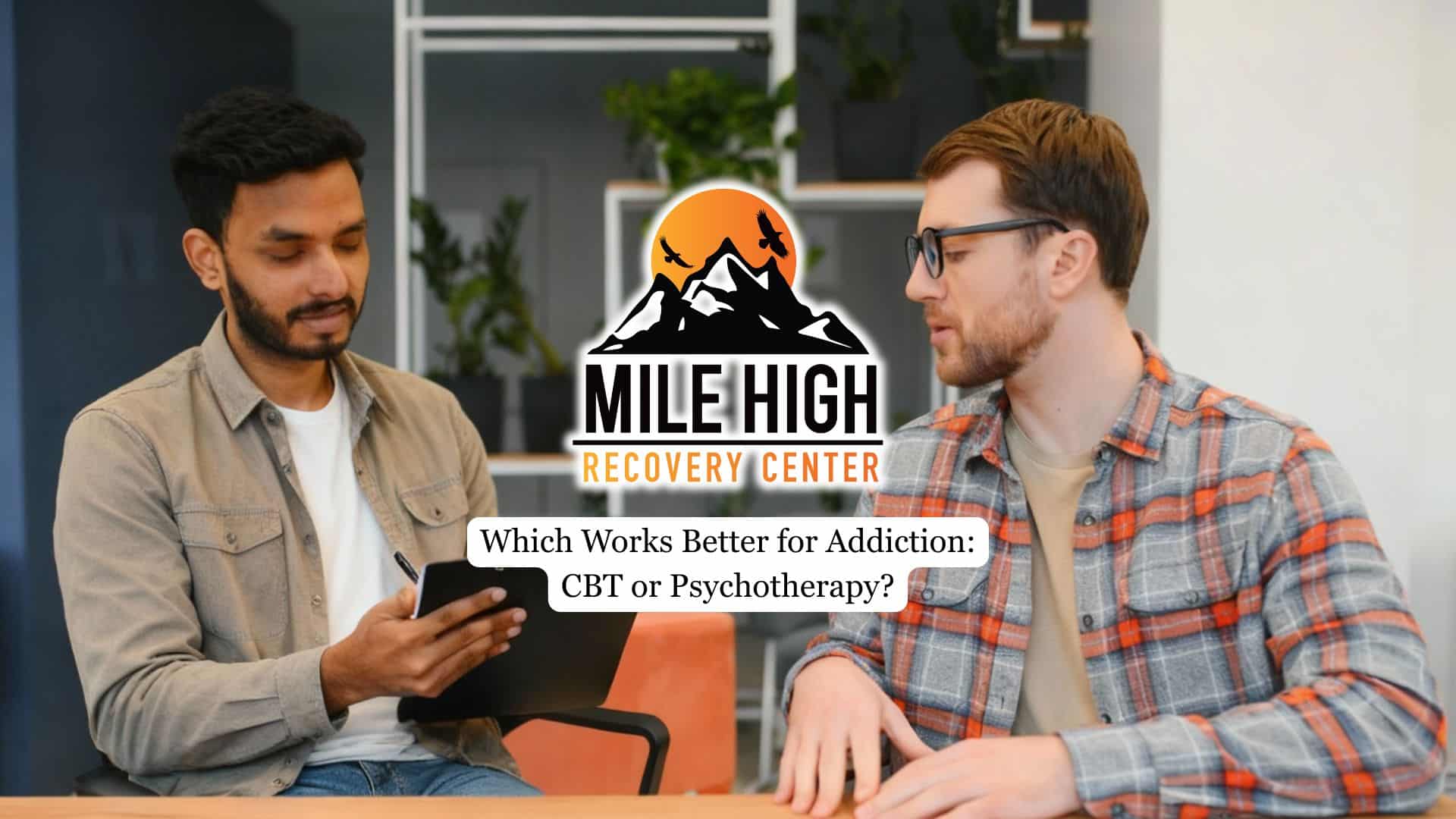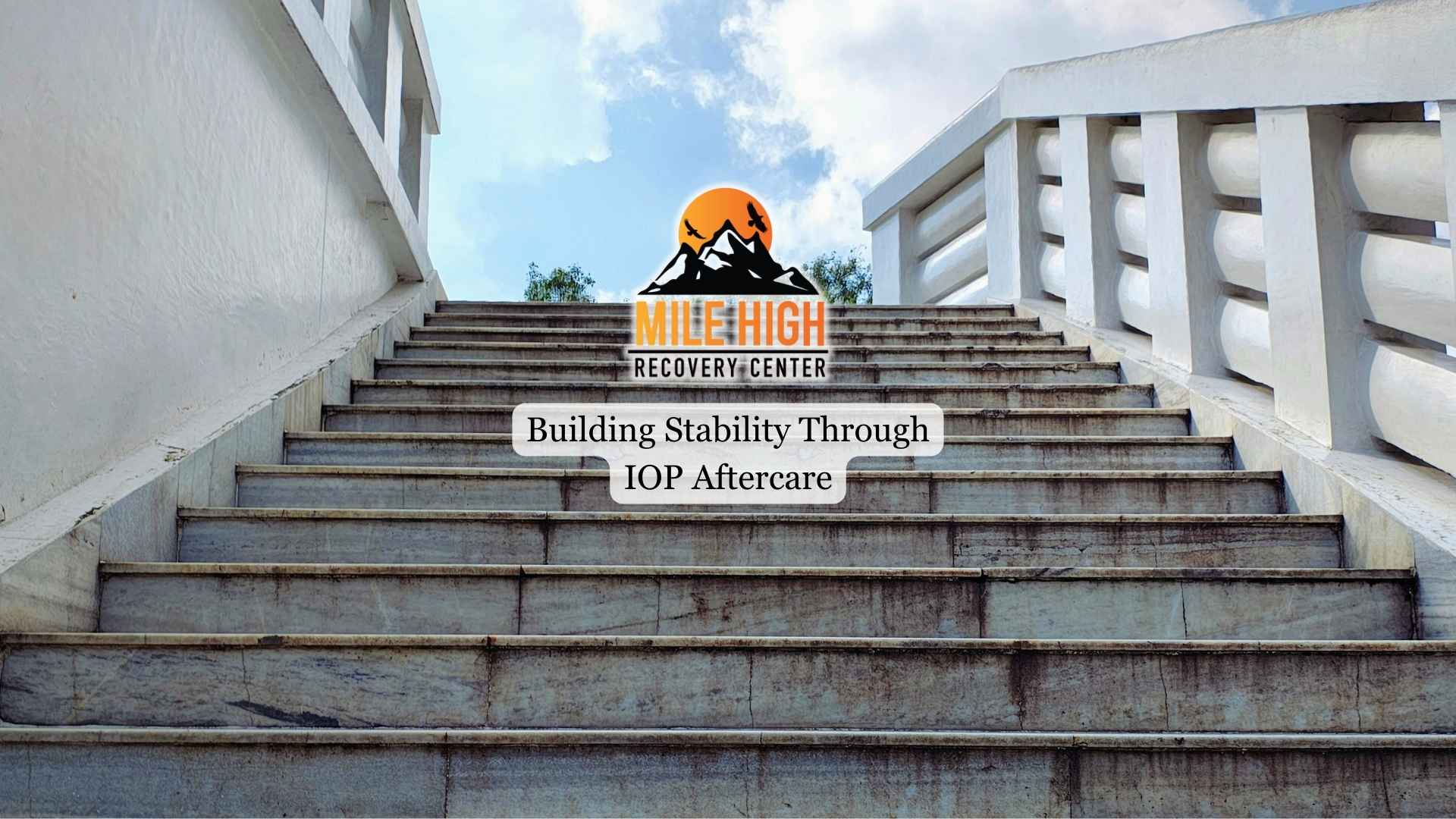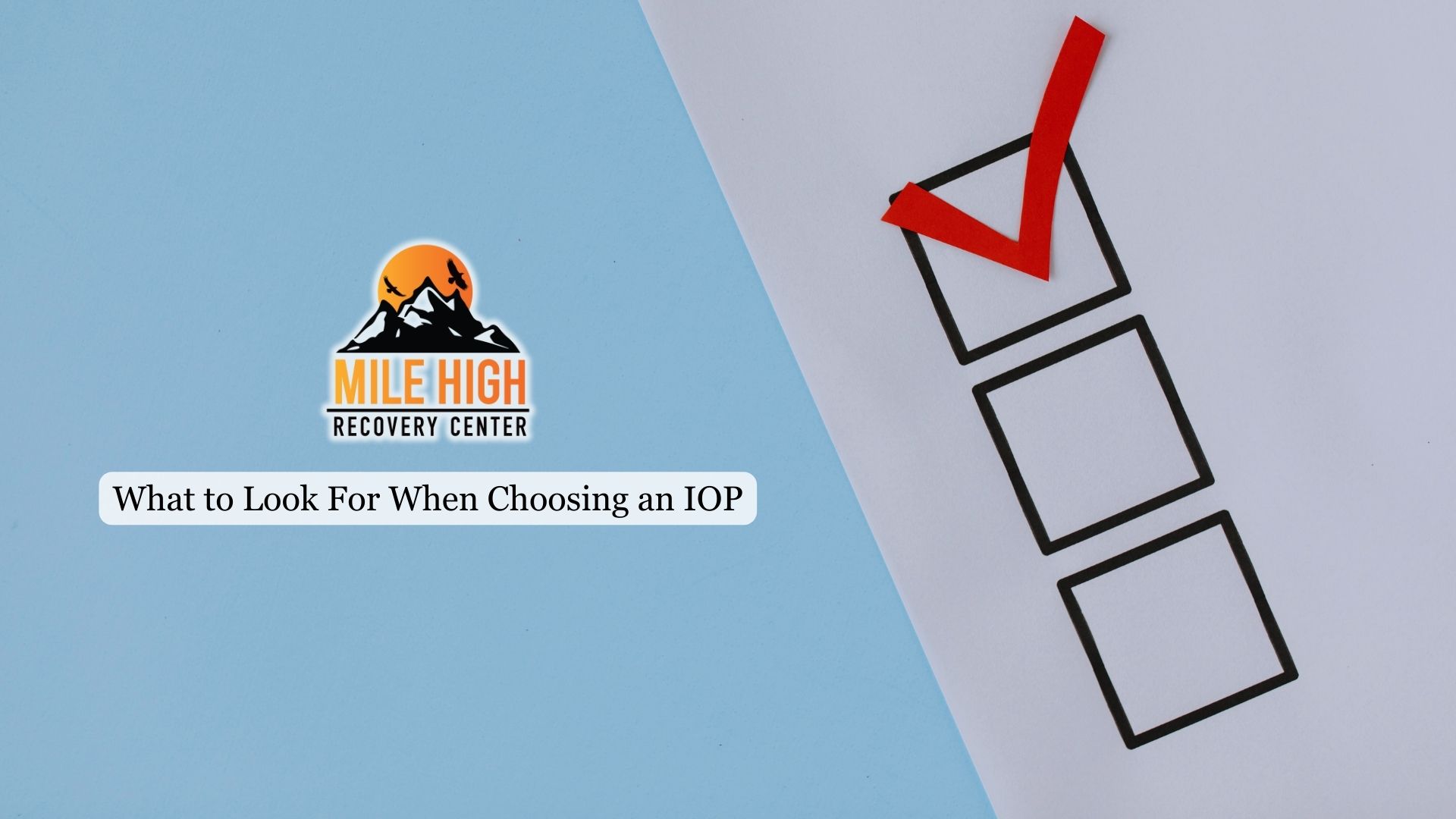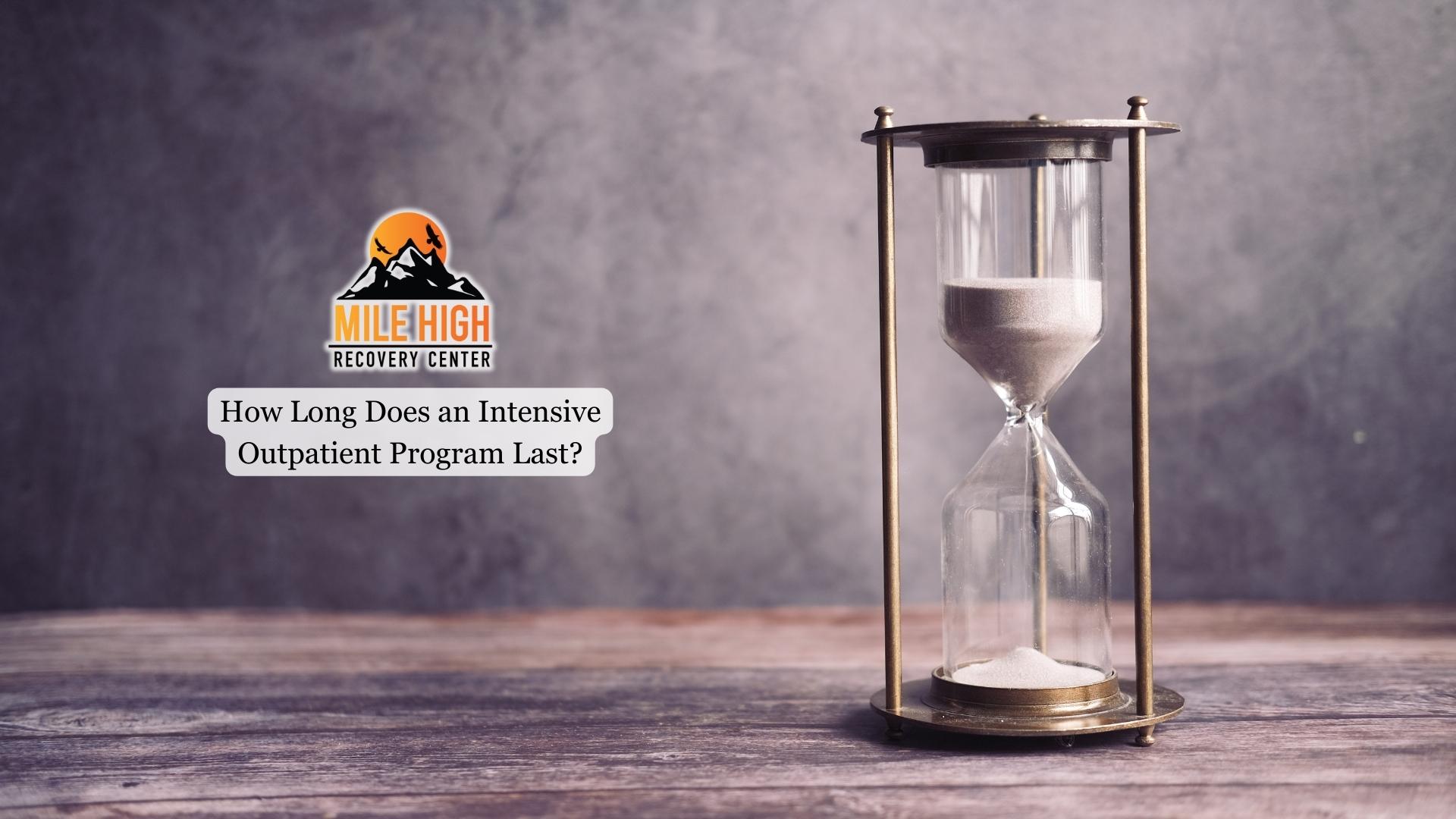Addiction treatment often requires addressing not only substance use itself but also the underlying mental health conditions that contribute to it. Two widely recognized approaches are Cognitive Behavioral Therapy (CBT) and psychotherapy.
Understanding how each works, their strengths, and their role in recovery can help individuals, families, and treatment centers make informed choices when building a treatment plan.

Cognitive Behavioral Therapy in Addiction Treatment
Cognitive Behavioral Therapy is one of the most widely used evidence-based therapies for substance use disorder (SUD). It focuses on identifying harmful thought patterns and replacing them with healthier behaviors. Helping individuals recognize triggers for drug or alcohol use disorder, this teaches practical coping strategies. Research has shown that CBT for addiction reduces relapse rates by equipping people with tools they can apply outside of sessions.
It works particularly well in structured rehab programs because it emphasizes action-oriented strategies. For instance, someone in recovery from substance abuse may learn to manage cravings by challenging negative thoughts or practicing alternative behaviors. This makes it highly effective for individuals who benefit from skill-based approaches.
Psychotherapy and Its Broader Scope
Psychotherapy is a broader category of mental health care that encompasses a range of talk-based therapies designed to help individuals understand and manage their thoughts, emotions, and behaviors. Unlike CBT, which is highly structured and goal-oriented, it often explores deeper emotional and psychological roots of substance abuse. This may include past trauma, unresolved grief, or co-occurring mental health conditions.
This approach is especially beneficial for individuals with complex substance use disorders or dual diagnoses, where substance abuse and mental health challenges overlap. Techniques such as group or family therapy also fall under this category, providing additional support systems within healing approaches. These sessions often focus on long-term healing and improving overall mental health beyond just managing cravings.
Comparing Treatment Outcomes
Cognitive-behavioral therapy often shows quicker results because it teaches concrete strategies for managing substance use disorder. Patients can implement coping mechanisms early in their journey to a substance-free life, which supports positive short-term outcomes.
Psychotherapy, on the other hand, may take longer to show measurable results but can lead to lasting change by addressing the root causes of alcohol and drug use disorder. For individuals with histories of trauma or deep-seated emotional struggles, this approach provides the foundation for sustainable recovery. Many rehab programs integrate both approaches to balance immediate symptom relief with long-term personal growth.

Evaluating Which Approach Works Best
The question of which one is more effective for addiction does not have a single answer. Effectiveness often depends on the individual, the severity of their substance use disorder, and their personal recovery goals. For those seeking practical skills and structured behavioral treatment, CBT may be the best fit. For individuals who need to work through complex emotional or relational challenges, psychotherapy may provide deeper healing.
Combining both approaches often leads to the most efficient recovery. Integrating both therapies ensures that clients receive both short-term coping skills and long-term emotional resilience. This blended approach is increasingly common in addiction treatment programs because it addresses both behavior and underlying causes.
Building a Comprehensive Treatment Plan
An effective rehabilitation plan often includes more than just one therapeutic approach. Incorporating CBT, psychotherapy, and other evidence-based methods ensures a well-rounded strategy. A structured program may combine behavioral therapy, family and group sessions, alongside medical care. This type of integration allows individuals with substance abuse issues to receive support tailored to their unique needs.
Management of substance use disorders should also address co-occurring conditions like depression or anxiety, which can complicate recovery. A thoughtfully designed plan developed by professional clinicians increases the likelihood of positive outcomes, especially when reinforced by an ongoing approach and aftercare.
Final Thoughts from Mile High Recovery
The comparison highlights that both approaches play a vital role in addressing addiction. CBT equips individuals with skills for immediate coping, while psychotherapy explores deeper emotional healing, making both valuable in different ways. A combination of the two is often the most effective for sustainable recovery.
At Mile High Recovery, we recognize the importance of personalized care. Our addiction treatment programs in Denver, CO, are designed to integrate evidence-based approaches, including CBT and psychotherapy, to ensure clients receive comprehensive support. Addressing both behavior and underlying mental health challenges, we help individuals build a treatment plan that promotes lasting recovery.







